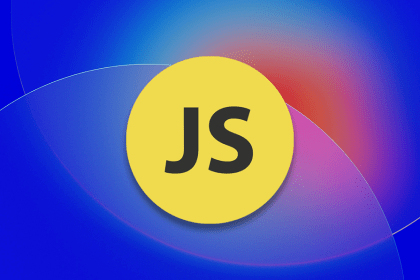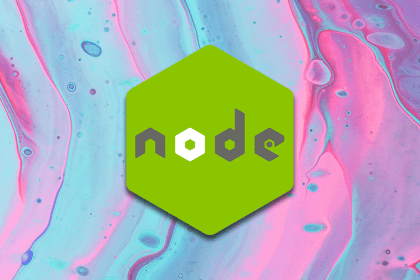
Build your first 2D browser game using JavaScript and the Excalibur.js library, covering essential game development concepts.

Deno is a popular JavaScript runtime, and it recently launched version 2.0 with several new features, bug fixes, and improvements […]

Efficient initializing is crucial to smooth-running websites. One way to optimize that process is through lazy initialization in Rust 1.80.

You’ve written and deployed your application and gathered users – congrats! But what’s next? Improvements, getting rid of bottlenecks, increasing […]

Manually parse command line arguments in Rust apps using Clap, a library that provides functionality to generate parsing logic for arguments.

See how to use Svelte 5’s new runes system to declare reactive states and compare them to the existing approach to reactivity in Svelte 4.

When writing applications, a good user interface is just as important as the actual app’s functionality. A good user interface […]

Explore three JavaScript parser generator libraries and the benefits of creating custom parsers for specific project needs.

You can leverage containers to streamline the process of setting up a dev environment. Let’s see how using VS Code and Docker.

Using the Cow data type in Rust can help reduce copying data unnecessarily, as well as potentially improve performance and save memory.

In this article, we explored Pest — a Rust parser generator — and why we need to use parser generators to generate parsers.

This article explores test-driven development (TDD) and Deno testing methods using the inbuilt API and external libraries.